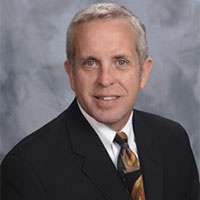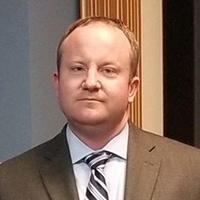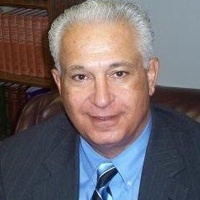Ann Arbor Criminal Lawyer, Michigan
Sponsored Law Firm
-
 x
x

Click For More Info:
-
Marrs & Terry, PLLC
6553 Jackson Road Ann Arbor, MI 48103» view mapBankruptcy & Debt, Criminal Defense, Estate Personalized, Efficient Counsel
Marrs & Terry, PLLC have been helping individuals face a variety of legal challenges, including bankruptcy, estate planning and administration, and family law.
800-862-7221
Thomas S. Piotrowski
✓ VERIFIEDThomas Piotrowski is an experienced and aggressive litigator who handles cases in and around the Detroit metro area. Since graduating cum laude from t... (more)
Kevin M. Cousins
✓ VERIFIEDKevin M. Cousins is a practicing lawyer in the state of Michigan handling litigation matters.
Kenneth A. Thompson
✓ VERIFIEDKenneth A. Thompson was born in Michigan in 1980. He grew up in Westland, Michigan with his mother and sister after losing his father to a heart attac... (more)
Robert D. Mouradian
✓ VERIFIEDRobert D. Mouradian received his undergraduate degree in political science from the University of Michigan in 1974. Robert D. Mouradian graduated f... (more)
FREE CONSULTATION
CONTACTFREE CONSULTATION
CONTACTLynn Marie Bredell
FREE CONSULTATION
CONTACT

 Tricia Terry Ann Arbor, MI
Tricia Terry Ann Arbor, MI AboutExperienced Michigan Lawyer
AboutExperienced Michigan Lawyer Articles
Articles




